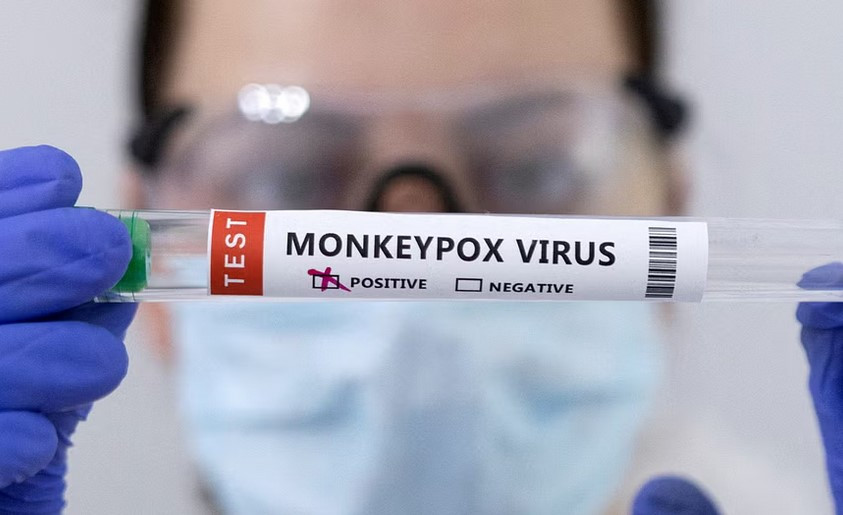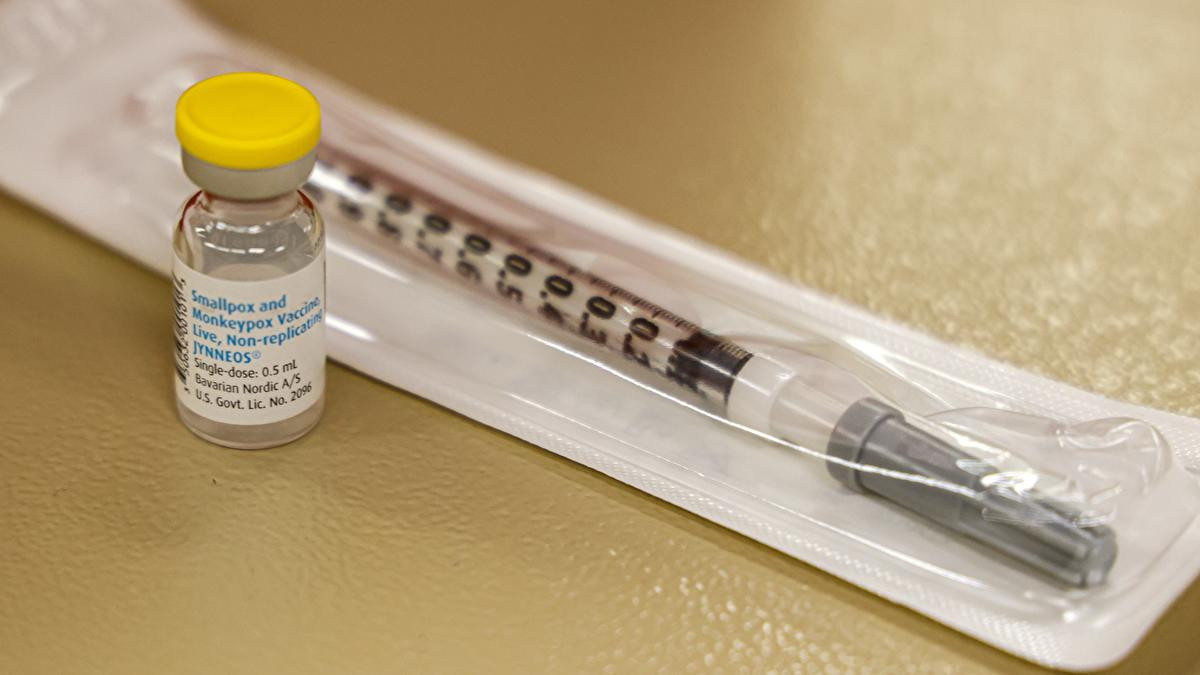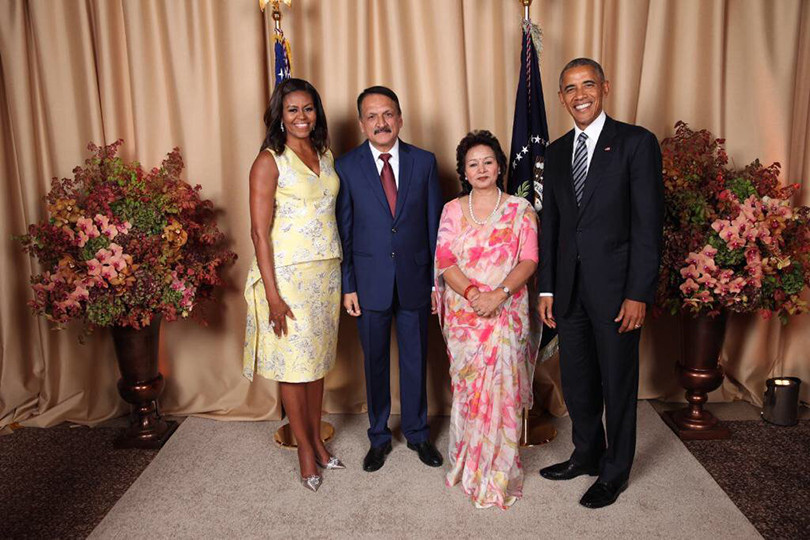“Currently, the ongoing outbreak in the Democratic Republic of the Congo (DRC) is primarily associated with Clade 1b. Notably, as of now, there have been no reported cases of Clade 1b in Pakistan,” the statement said.
The case is the first in Pakistan this year, and comes after the World Health Organization (WHO) declared the spread of mpox a global health emergency. The WHO last week sounded its highest level of alert over the outbreak in Africa after cases in the DR Congo spread to nearby countries. There have been 27,000 cases and more than 1,100 deaths, mainly among children, in DR Congo since the current outbreak began in January 2023.
The ministry in a statement said the man was from Mardan, a district in the Khyber Pakhtunkhwa province bordering Afghanistan.
On Wednesday, the WHO said there have been more than 14,000 cases and 524 deaths in Africa this year, which already exceed last year’s figures. More than 96% of all cases and deaths have been in Congo.
The Spread of Mpox
The new strain of mpox emerged in the Democratic Republic of Congo last year and has been spreading to other countries in Africa. This strain is believed to be more deadly and transmissible than the one that spread globally in 2022.
Mpox Symptoms and Transmission
Symptoms of mpox can include fever, body aches, weakness, headaches and rashes. The virus can spread through close contact with an infected person, including touching, kissing, sex, and talking with or breathing close to someone who is infected. The virus can also linger “for some time on clothing, bedding, towels, objects, electronics and surfaces that have been touched by a person with mpox.”
What to Do If You Have Mpox Symptoms
If you have symptoms of mpox, it is important to seek medical attention immediately. It is also important to avoid close contact with others until you have been cleared by a healthcare provider.
The Importance of Public Health Measures
The WHO has urged countries to take steps to prevent the spread of mpox, including vaccination, contact tracing, and public awareness campaigns. It is important to stay informed about the latest developments regarding mpox and to take steps to protect yourself and your community.
Global Health Equity is Key
The WHO’s declaration of a global health emergency highlights the importance of global health equity. The mpox virus has been endemic in African countries for decades, but the global community has failed to adequately address the spread of the virus. This failure has directly contributed to the threats we are facing today.
The Role of Public Health Officials
Public health officials play a critical role in preventing and controlling the spread of infectious diseases. They are responsible for monitoring disease outbreaks, implementing vaccination programs, and providing public health education. It is important to support the work of public health officials and to follow their guidance.
Moving Forward
The current situation with mpox is a reminder of the importance of global cooperation in addressing public health threats. We must work together to ensure that everyone has access to the tools and resources they need to protect themselves from infectious diseases.
Why This Matters
The mpox outbreak in Africa is a reminder of the importance of global health equity and the need to address health disparities. It is also a reminder of the importance of public health measures and the critical role that public health officials play in preventing and controlling the spread of infectious diseases.
A Call to Action
The mpox outbreak is a call to action. We must work together to address the root causes of health disparities and to ensure that everyone has access to the tools and resources they need to protect themselves from infectious diseases.


















